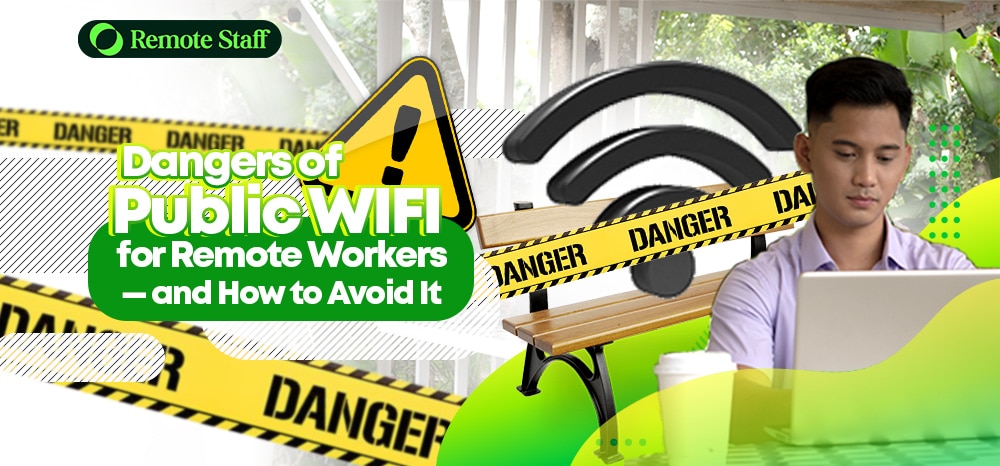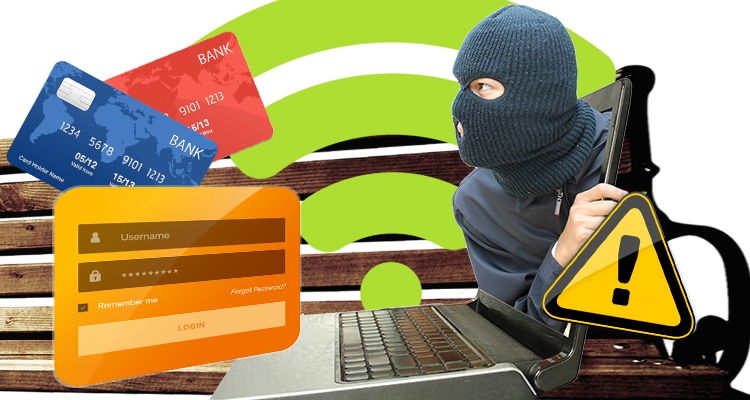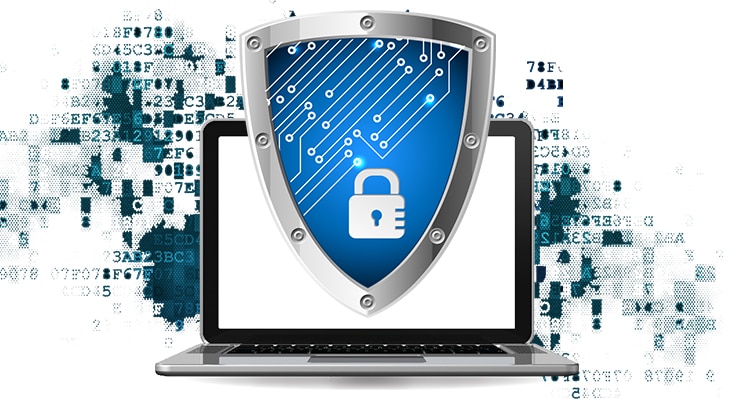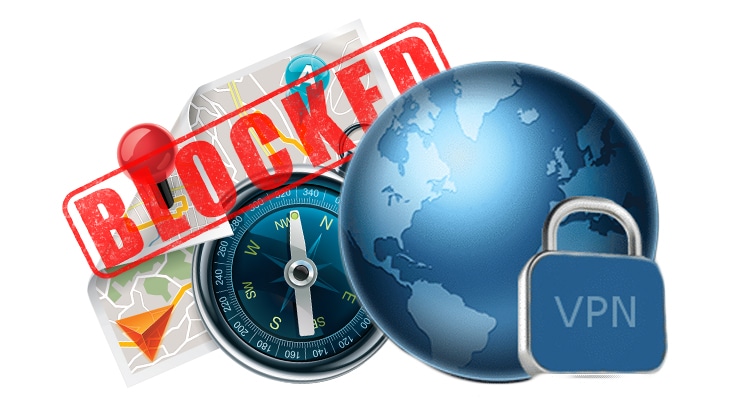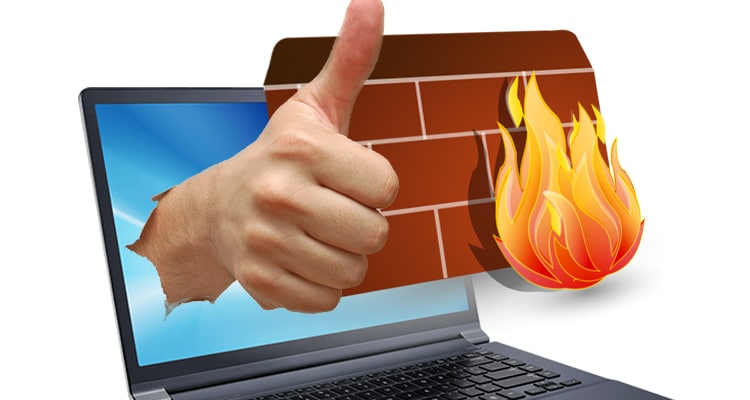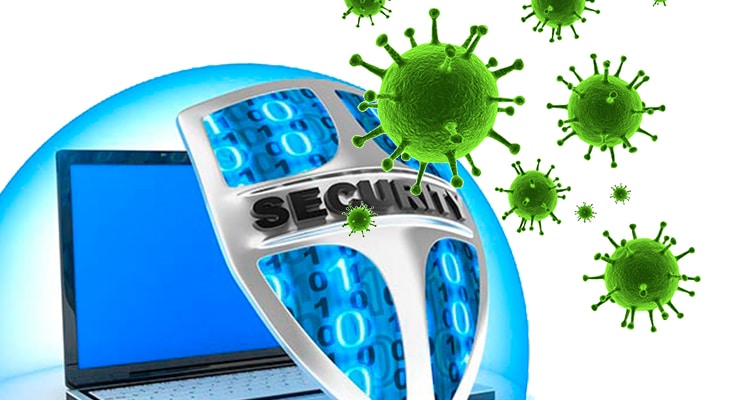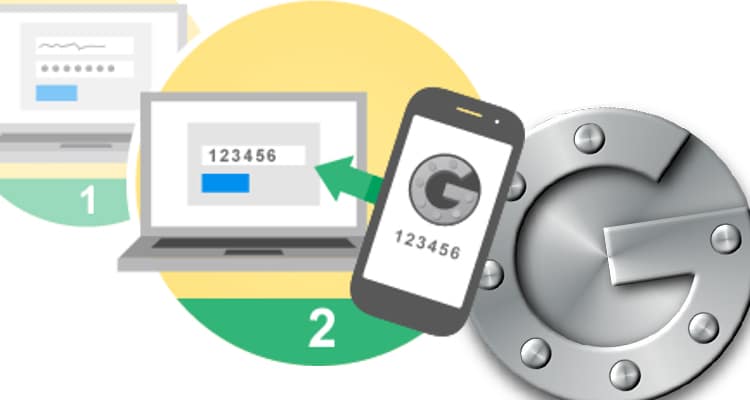As remote workers, we can literally work from anywhere. You just need a laptop and a stable internet connection and you can make a living — even while traveling as a digital nomad.
Fortunately, a lot of cafes, hotels, and even airports offer free WIFI for our remote working needs.
However, connecting to free Public WIFI comes with certain risks.
Dangers of Public WIFI
Public WIFI is not entirely safe. The wrong usage can compromise your personal and work information, like your passwords, banking information, and personal data.
You see, hackers can do a malware distribution attack where they send malware, viruses, and worms through public WIFI.
And when your device is infected, they can steal your personal information for their own gain.
Some also do a Man-in-the-middle attack where they intercept information while you’re keying it in.
So, if you’re logging into your bank account or your company’s social media, trained hackers can intercept the information you are encoding. Yikes!
How to Protect Yourself from the Dangers of Public WIFI
Connecting to public wifi can sometimes be essential for most remote workers, especially in a pinch.
So how do you protect yourself? Here are some tips.
Turn On Your VPN
If you have a Virtual Private Network (VPN) subscription, you should turn it on when you connect to a public WIFI.
A VPN can encrypt your data while you use the internet. Thus, when a hacker attempts to intercept your information, they can’t use it because they need to decipher the code first.
Also, it masks your IP address, so they can’t locate where you are physically as well — handy just in case they want to forcefully take the information from you in person.
Turn on Your Firewall
Most devices have a firewall in their security system. A firewall acts as an additional layer of defense where it analyzes data from incoming and outgoing traffic.
A firewall also has predefined security measures that block unauthorized access attempts.
Install an Antivirus
Even with a VPN or firewall, some hackers can still slip through the cracks and end up installing malware in your device.
So don’t forget to install an antivirus and keep it up-to-date.This way, your antivirus can detect, quarantine, and delete unusual files on your computer.
Use Two-Factor Authentication or Multi-factor Authentication
What if the hackers still manage to get access despite the security measures mentioned?
This is where two-factor or multi-factor authentication (2FA or MFA) comes in, especially for securing your important accounts.
2FA or MFA keeps your account safe by generating an additional OTP, which you’ll need to provide before you can access your accounts.
This additional layer of security enables you to use public WIFI for your remote working activities. You can also check out the following cyber security tips to further protect your data.
And if you’re looking for remote working opportunities, Remote Staff offers long-term careers in different fields.
Who knows? You might find your dream remote working job when you join us.
Sign up today through Remote Staff for the best online jobs for Filipinos. Cheers!

